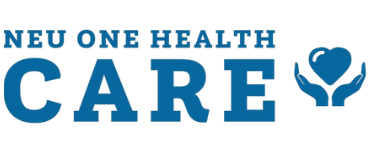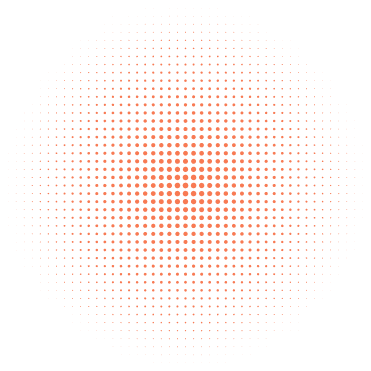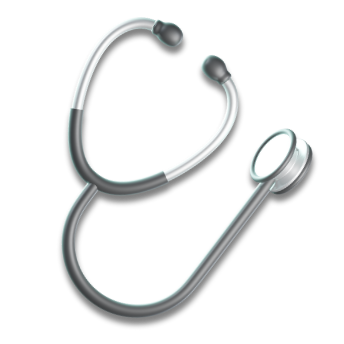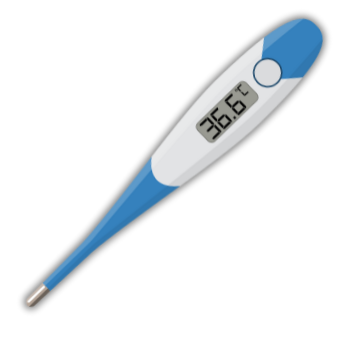Bio medical technician
- Home //Bio medical technician

Course Overview
The Bio Medical Technician Course is designed to train students in the operation, maintenance, and repair of medical equipment used in hospitals and diagnostic centers. As healthcare increasingly relies on sophisticated machines for diagnosis and treatment, biomedical technicians play a critical role in ensuring these devices function accurately and safely.
This course combines foundational knowledge in electronics, medical science, and technical skills to prepare students for hands-on roles in hospitals, labs, manufacturing units, and service centers.
What You Will Learn?
Introduction to Biomedical Equipment Overview of hospital equipment (ECG, ventilators, dialysis, etc.) Basics of electronics, sensors, and mechanical systems Human Anatomy & Physiology (Basic) Understanding body systems relevant to medical device functions Integration of medical knowledge with device usage Medical Equipment Operation How to operate, calibrate, and troubleshoot machines Safe handling and emergency shutdown procedures Preventive Maintenance Regular inspection routines Documentation and maintenance logs Installation & Testing Installation of new devices Functional and safety checks
Course Curriculum
Infection control Nurse course
Intermediate
At the intermediate level, students move from basic understanding to hands-on skills. This stage emphasizes practical training on diagnostic and therapeutic devices, troubleshooting, safety protocols, and technical documentation.
🔹 Topics Covered:
Troubleshooting of Basic Equipment
Identify faults in devices like ECG machines, infusion pumps, and patient monitors
Basic circuit testing using multimeters and diagnostic tools
Replacing fuses, wires, and malfunctioning modules
Preventive & Corrective Maintenance
Scheduled maintenance planning
Cleaning, lubricating, tightening of components
Creating maintenance logs and service reports
Calibration Techniques
Understanding calibration standards and protocols
Using simulators to check accuracy (ECG, BP monitors, etc.)
Ensuring devices meet manufacturer specs
Electro-medical Equipment Handling
Handling and basic servicing of devices like defibrillators, nebulizers, suction units
Understanding working principles and safety precautions
Biomedical Signal Understanding
Basic interpretation of ECG, SPO2, BP outputs
Verifying the correlation between patient data and device readings
Sterilization and Infection Control
Cleaning protocols for reusable medical devices
Role in infection control and safe disposal of faulty parts
- Skill Level
Advance
- Language
English,Hindi
- Certificate





